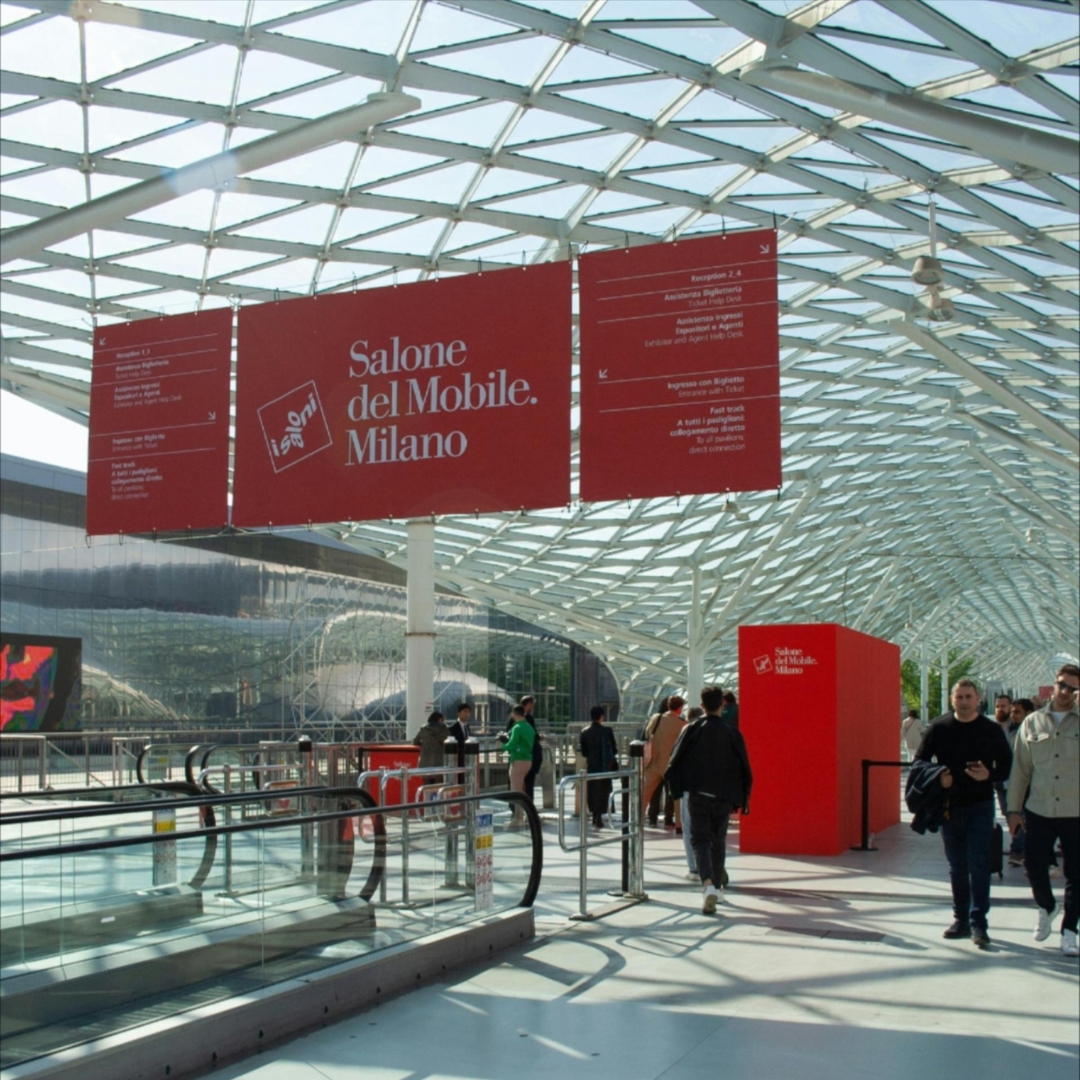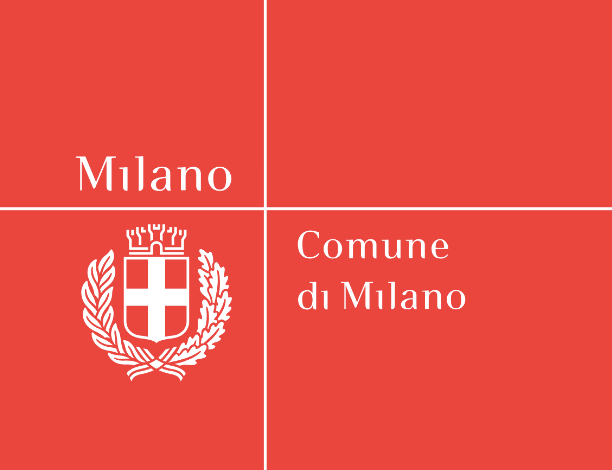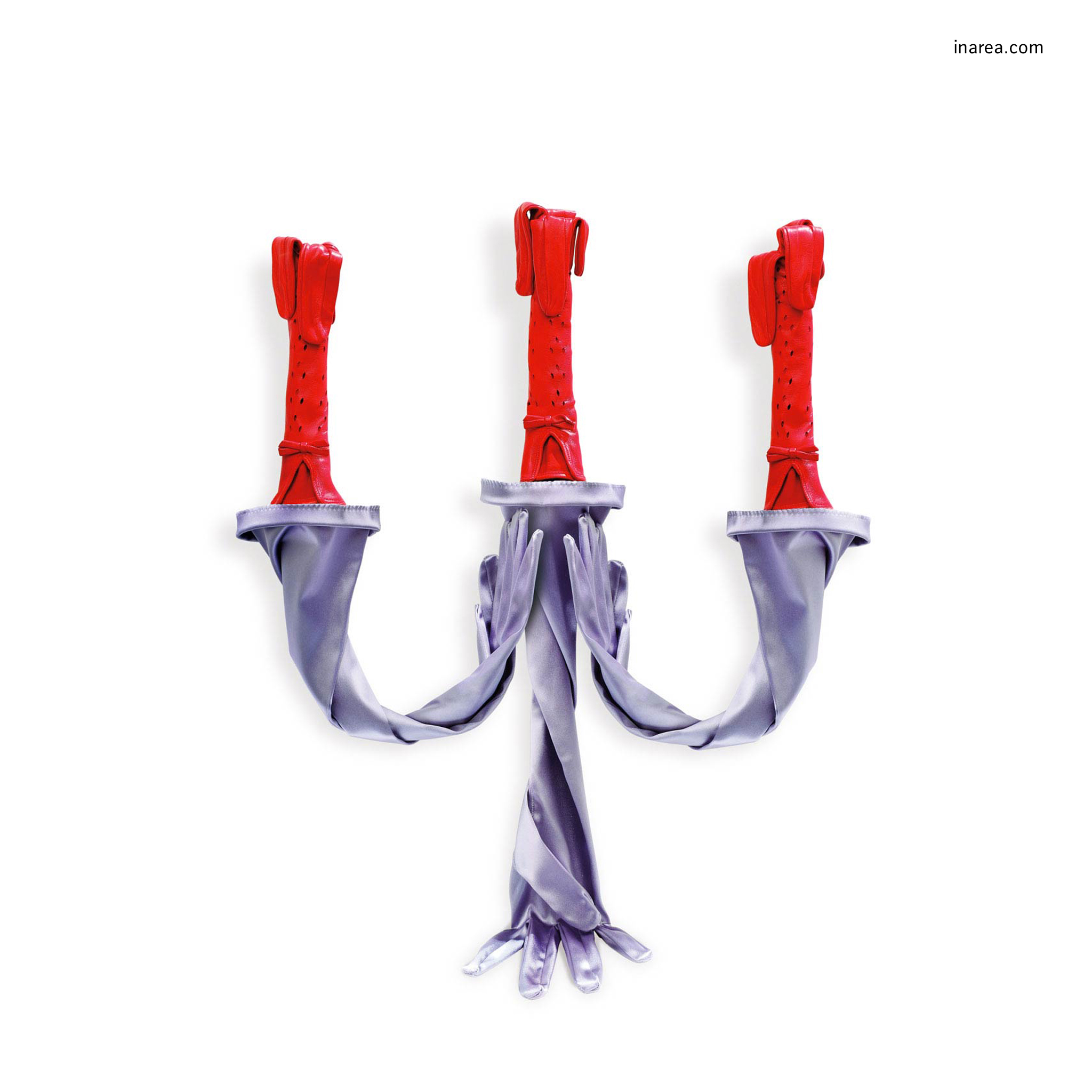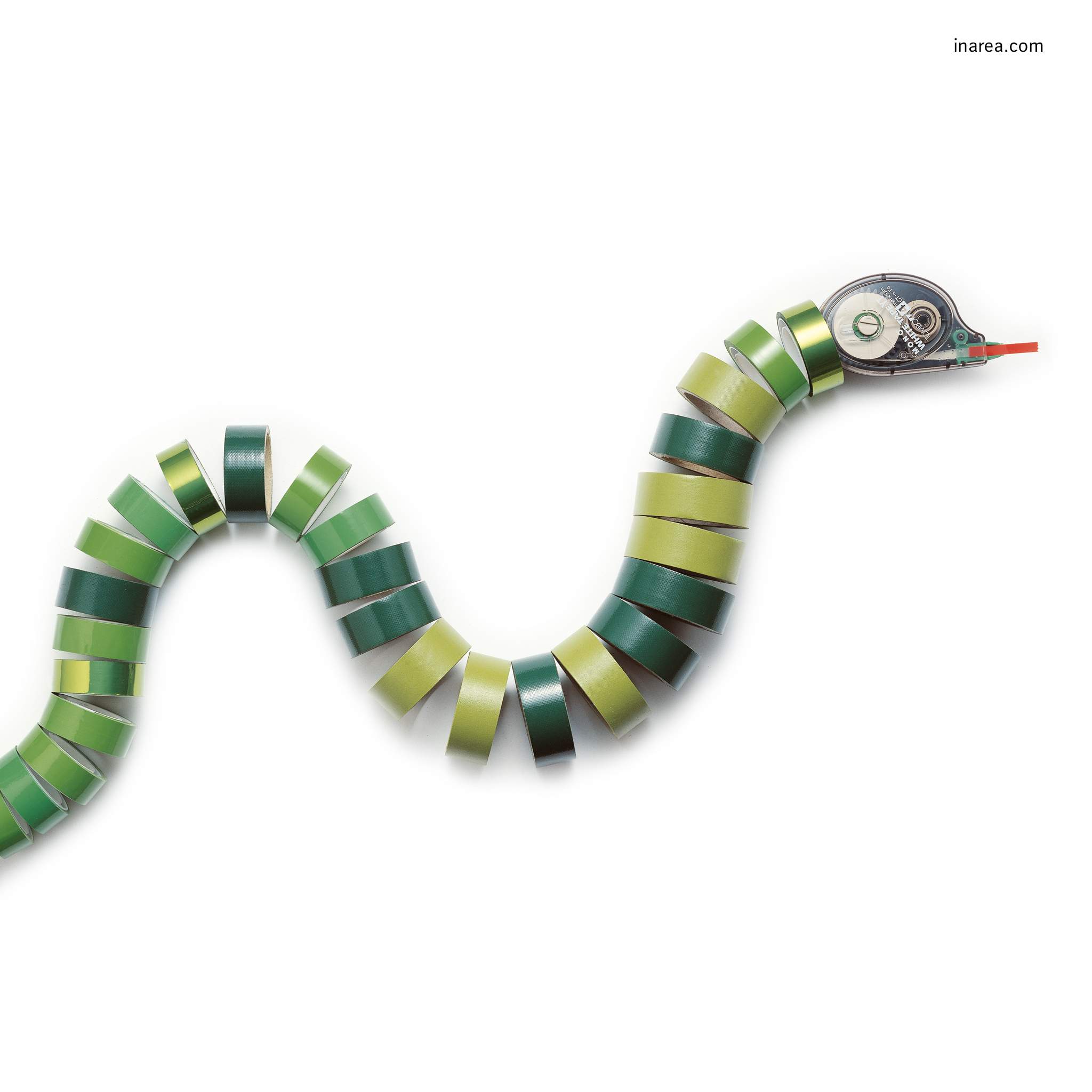ImaginareaDaily

Metropolitana Milanese: Iconic Signage and Wayfinding
The design of Milan’s Metro Lines 1 and 2 is a milestone in the history of Italian design. This project earned ATM, Franco Albini, Franca Helg, and Bob Noorda the prestigious Compasso d’Oro award in 1964 and introduced the concepts of coordinated image and standardization.
One of its most recognizable elements is the continuous perimeter band in the stations, where the station name is repeated every five meters to ensure readability from a moving train. For the signage, Noorda redesigned Helvetica, creating a custom typeface that now bears his name.
The expansion of stations and lines over time, along with the need to comply with safety regulations and introduce new services, led ATM to initiate a comprehensive signage and wayfinding refresh starting in the mid-2000s.
“Inarea began with the design of Garibaldi Station. It was both stimulating and rewarding to engage with a project like the Milan Metro, which we approached with respect and historical accuracy,” explains Niccolò Desii, Design Director and Partner at Inarea, who has been overseeing the collaboration with ATM for the past twenty years.
Signage and Type Design: Interpreting an Icon
“We found an interview with Bob Noorda in which he stated that he had wanted to create a lowercase typeface for the Milan Metro. Newer stations with longer names, as well as simple directional messages such as ‘to trains’ or ‘exit,’ required a lowercase typeface for better readability.
We developed a font, Metro Type, based on Noorda’s original design, to be used for textual elements on panels, informational signs, and station regulations—essentially, a tool that would allow ATM to communicate in a consistent and cohesive manner.
We also undertook a complex update of the signage manual to better integrate the early Metro lines with Line M3, which had introduced discontinuities in elements such as sign architecture and lighting. During that period, the Noorda studio was brought back in to work on updating the typeface.
As a result, ATM ended up with two typefaces: Noorda’s original font for station signage and Inarea’s Metro Type for other textual information. However, both coexist harmoniously, as Metro Type was developed as a faithful evolution of the iconic 1964 design.”

Rules and Wayfinding for a Timeless Design
“After working on the signage and wayfinding for Garibaldi Station, we went on to design the systems for ten more Metro stations. Over time, we have continued to update signage, vehicle liveries, and surface transport elements, culminating in our work on Line M4, where we created the updated mobility map.
We developed a set of simple rules and algorithms to ensure the coherent, uniform, and functional distribution of signage within each station. This approach prevents an overload of information in narrow or high-traffic areas while ensuring that signs are strategically placed at key junctions—or, when distances are significant, as confirmation markers along the route.
For major interchange stations where multiple lines intersect, we established general guidelines. The handbook outlines key specifications, such as luminescence levels and whether signs should be positioned orthogonally or laterally to entry points.
Additionally, we redesigned the pictograms and more technical regulatory signage, making it easier for those managing the system to categorize information and plan the future distribution of signs within station spaces.”

Milan: A City in the Spotlight
Milan Design Week is a showcase of potential and leadership recognized worldwide. It is rooted in a unique vision of design—specifically furniture design—that has developed historically within the very fabric of the city. Since 1961, this has been represented by the Salone del Mobile, the international furniture fair, and since 1990, by the FuoriSalone, a city-wide network of events initiated by Interni magazine.
“The real question today,” comments Antonio Romano, “especially in an edition where the industry must also grapple with tariffs imposed by Trump, is how to strengthen the identity of the Salone del Mobile and define the role that Design Week is meant to play. Looking ahead, we cannot limit everything to furniture design (and its closest derivatives), particularly at a time when the word design is one of the most widely used adjectives in every vocabulary… even the philosopher Luciano Floridi defines his field as conceptual design! What truly concerns me is when success turns into self-celebration. That’s why Design Week must open up to the many dimensions of the discipline, exploring their interactions and building on Milan’s long-standing ability to attract creativity.”
How Can Milan and Design Week Stay Attractive?
“We need to rethink FuoriSalone without weakening Salone del Mobile. It’s essential to promote a city-wide program of events that go beyond what happens at the fair and the furniture sector—preserving the quality of Milan’s genius loci while embracing international experiences. Milan must remain in the spotlight by enhancing its appeal across different creative and industrial fields.However, if the event becomes too focused on spectacle or turns into mere self-congratulation, its future is uncertain. The key shouldn’t be the obsession with the present moment or the relentless pursuit of the ‘new & more new’ driven by likes and instant metrics.”

What does Milan represent for Inarea?
“We opened our Milan offices in 1988: Enichem had become an important client, and we needed to ensure a near-daily presence. Shortly after, Snam and Union Carbide joined, and with the latter, we began a collaboration at a European level. Because Milan at that time was also this: a design capital where you could meet international players. Our first foreign clients were gained precisely because of our presence here.
In 1999, we won the competition to redesign the city crest and reorganize the identity system for the Municipality of Milan. This project allowed us to capture the essence of the city at a critical moment in its history, highlighting the distinctive Milanese combination of a deep attachment to tradition and a passion for innovation. The new design of the crest quickly replaced all previous versions, but the core of the project was the intention to turn the word ‘Milan’ itself into a brand. After all, many businesses (starting with Prada) had already associated their brands with their Milan identity, clearly proving that the city itself was (and still is) an added value. We designed a new typeface – aptly named Milano City – and separated the word from the phrase ‘Comune di Milano.’ The project was halted when the Albertini administration ended; though it still exists, it has since been modified.
During these years of profound urban transformation, we also completed significant branding projects for real estate developments that reshaped the city’s skyline: Milano Santa Giulia, followed a few years later by Milano Porta Nuova, and later Pirelli RE (now Prelios). Staying within the realm of Milan-based institutions, it’s worth noting our rebranding work for Borsa Italiana and Edison. Additionally, in the energy sector, we also created the name and brand for the new Lombard multiutility, A2A.” Within the same broader field, though in more recent years, we’ve seen the rebranding of Snam and Italgas, and—just to name a few from memory—the brand identities of the Italian Infrastructure Fund F2i, Fondazione Cariplo, Fondazione Fiera Milano, the Milan Conservatory, Casa Milan, as well as many other projects that may have originated in Milan but were destined for broader horizons, such as the brand identity for the Venice Biennale, which certainly deserves to be remembered.
There are also long-term projects that directly impact the daily lives of Milan’s citizens—like the rationalization of ATM’s wayfinding system, which included a redesign of signage (the pictogram system) and the creation of a dedicated display typeface, Metro Type.

Mario Suglia, General Manager. Why companies need kind leaders

Why Companies Need Kind Leaders
Mario Suglia, general manager
“Gentle leadership in companies evolves into collaborative leadership. We discovered the importance of relationships, precisely when physical presence and proximity were taken away from us.”
We could say it all started with an elephant. Probably an elephant mother. And with her “gentle” push to the little one – who, to be fair, weighs a ton as soon as he’s born – perhaps using her trunk, guiding him on the right path, teaching him social habits, and encouraging him to make decisions, without wasting time. Above all, to prevent the little elephant, if he were ever aware of it, from asking: why are you treating me badly?
The question is the one posed by Guido Stratta, Human Resources Director at Enel, when discussing his book “Ri-evoluzione. The Power of Gentle Leadership,” co-written with psychotherapist Bianca Straniero Sergio (Franco Angeli Publisher). It’s a question he often asked himself at the beginning of his career and one that he has frequently heard from some of his younger colleagues when dealing with their “superior.”
Corporate machismo should be put aside, especially when we draw inspiration from pachyderms. The image of the elephant mother and her calf is the one that stays with us on the cover of “Nudge” (the gentle push, indeed), published in 2008 by Richard Thaler and Cass R. Sunstein. Behavioral economics has broken through the barrier of hierarchical and assertive habits that for a long time seemed like the only way to organize and lead work.
It is the awareness of fallibility – Thaler’s behavioral economics is based precisely on the “limited rationality” of the decision-maker – that should make us kinder. Stratta is keen to emphasize – in his book and in the conferences, almost always webinars, over the past year and a half, of course – that the kindness he talks about and wants to attribute to the new leadership has nothing to do with etiquette, nor with biology (in the sense of an individual’s more or less natural propensity for cordiality and courtesy). Gentle leadership is a choice. An intelligent choice, meaning a beneficial one. It may seem like a discovery of the post-pandemic era, when we had to adapt to distanced relationships, somehow more diffused, where the outburst of anger – the slammed door or the voice rising by two octaves – is less feasible and even less effective.
In “distant” relationships, there is an apparent slowness that rewards kindness; the choice to avoid exacerbating situations, rather, to foster understanding already weakened by communication that had to do without much non-verbal communication. Less instinct and more thought. It takes a bit more time to listen, and time imposes softer choices, ones filled with “positive energy,” as the authors say.
In the era of rediscovered sustainability – environmental, social, and organizational – relationships between people who work together are once again central, especially if they are sustainable. Even psychologically. Relationships make and will continue to make all the difference. Without going to the extremes of Johan Huizinga – the great medieval historian argued that friendship was the key difference in relationships between rulers and the ruled – it can be said that in the post-Covid era, relationships are fundamental in the connections between collaborators. One must fiercely compete with oneself, but always collaborate with everyone else.
Gentle leadership in companies becomes collaborative leadership. We have discovered the importance of relationships, precisely when physical presence and proximity were taken away from us. We discovered connection when we had to reinvent it beyond the screen of a computer. Kindness is the trait of the relationship rediscovered in its essence. The relationship – between people, between brands and consumers, between brands and stakeholders, between companies and local communities – is growing stronger. Therefore, it requires care, attention, kindness, and, of course, beauty.
It is the fate of design. Design is the representation of essence, of the soul once of the object and now of the relationship. It is the representation in a process dimension, and thus in a continuous state of becoming.
In this context, brought about by the digital age, brand design combines both material and immaterial dimensions, redefining the sense of community in a contemporary way. It is a much more complex process, impacting everything, and recovering the value-based meaning as the point of connection between those who propose and those who choose, according to principles focused on dialogue. This is why, today, the brand plays a very important role. In a time of crisis, many companies are looking to the future with the desire to reinvent themselves. They are redesigning themselves, placing more and more importance on their values, and rediscovering their identity. And this is precisely where the brand comes in: to represent the idea of the future, values, and aspirations.
The brand shapes the relationships between the company and its stakeholders, and among all internal collaborators, and like the elephant mother, provides the gentle push to make the company a… kind leader.

31 December: New Year’s Eve
As if we were catapulted into Hogwarts castle, let’s imagine entering a dark room and, candelabra in hand, illuminate all the scenes of this year one by one. Perhaps for some we deserve a slap (not a slap, not even Boniface VIII). But for others, we couldn’t help but give ourselves a caress.
There will be points we haven’t reached and which, in this room, will necessarily remain dark. Perhaps in 2022 we will be able to shed even more light on ourselves, perhaps by summoning lateral thinking more often: this is a bit what we have tried to do with “Imaginarea Daily” in these 365 moons.
Therefore, the gauntlet for 2022 is drawn. Meanwhile, for tonight, happy New Year’s Eve and happy New Year’s Eve!
Name day
San Silvestro I, Pope

30 December: Rudyard Kipling was born on this day in 1865
In “The Jungle Book” Mowgli is saved by Kaa the snake who frees him from a tribe of apes by hypnotising them. Some specialists trace our ancestral fear of this reptile back to that felt by primates from whom, non-coincidentally, we are said to descend. The fact is that snakes do hypnotise us: it happened to Eve, as well as to those ill-fated mortals who looked at Medusa a split-second before being turned to stone….
Apart from the two interlocked serpents who have become the symbols of doctors and pharmacists, “The Jungle Book” is one of those rare cases in which this animal is presented in a positive light: he’s something of a helper, maybe deaf initially but when he gets going he’s a source of memory. His function will change from the Disney cartoon onwards where he’s a lacklustre character and a secondary enemy (the main one being the tiger).
In spite of these deletions, we prefer the version that is closest to the novel. Zoos (iconographic or semantic ones included) are also beautiful because they are so varied.
Name Day
St Felix I, Pope

29 December: Charles Goodyear was born on this day in 1800
The jazz musician Gil Evans used to say that all art should be an experiment, and that masterpieces were successful experiments. In 1839 Charles Goodyear accidentally dropped some India rubber (compounded with sulphur) onto a hot stove and discovered that this caused the rubber to vulcanize.
After that moment, transport would never be the same again, although Goodyear’s own life did not roll along quite as smoothly: much fighting ensued over his patents and he even landed in prison in Paris on account of the heavy debts resulting thereof.
Art was our starting point because rubber tyres have always been able to conjure up interesting scenarios: just try counting the number of novels, books or films that have been inspired by motorbikes (to limit ourselves to two-wheelers). Small masterpieces, some of them, the result of a very successful experiment indeed.
Name Day
St Thomas Becket, Archbishop of Canterbury



